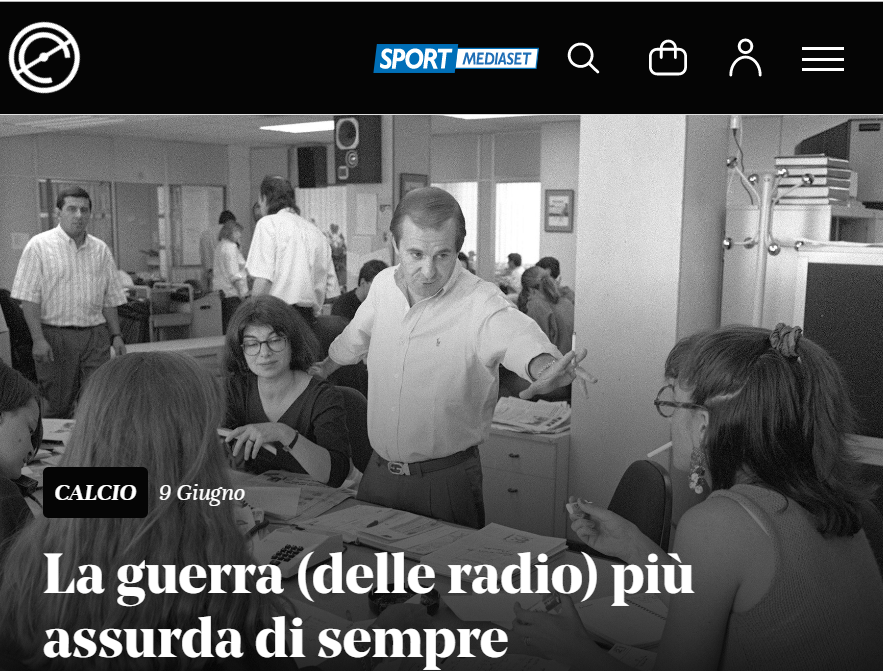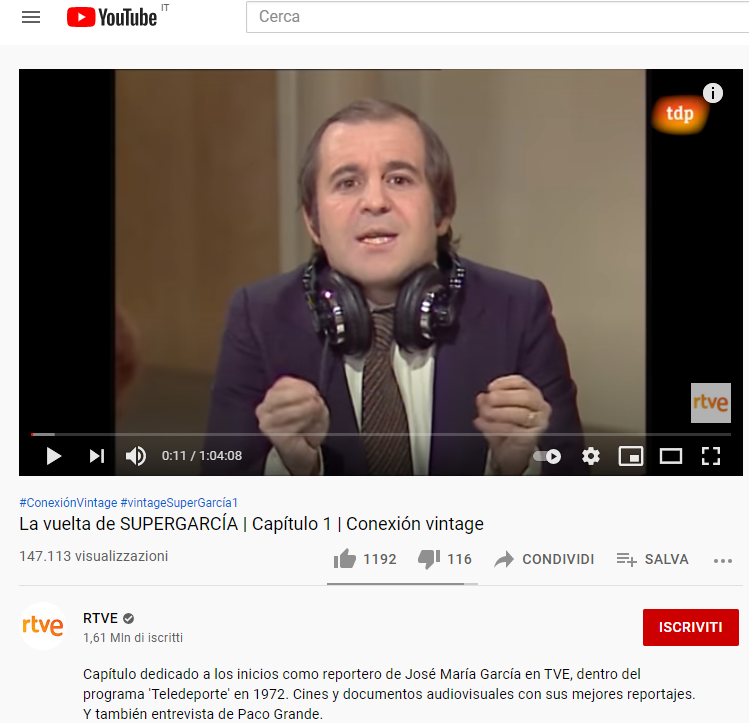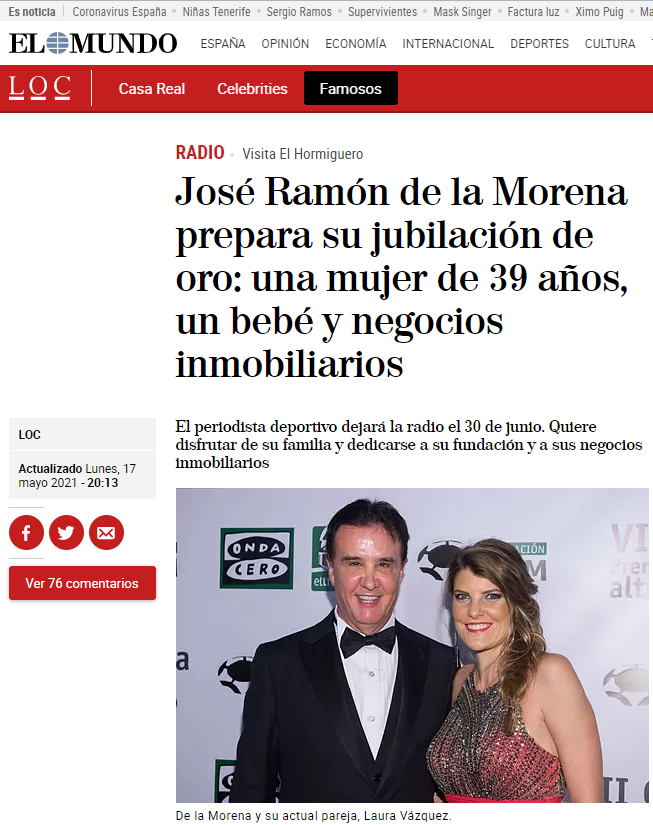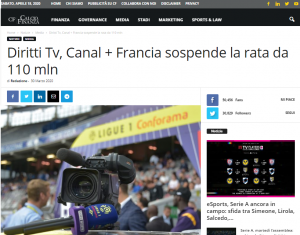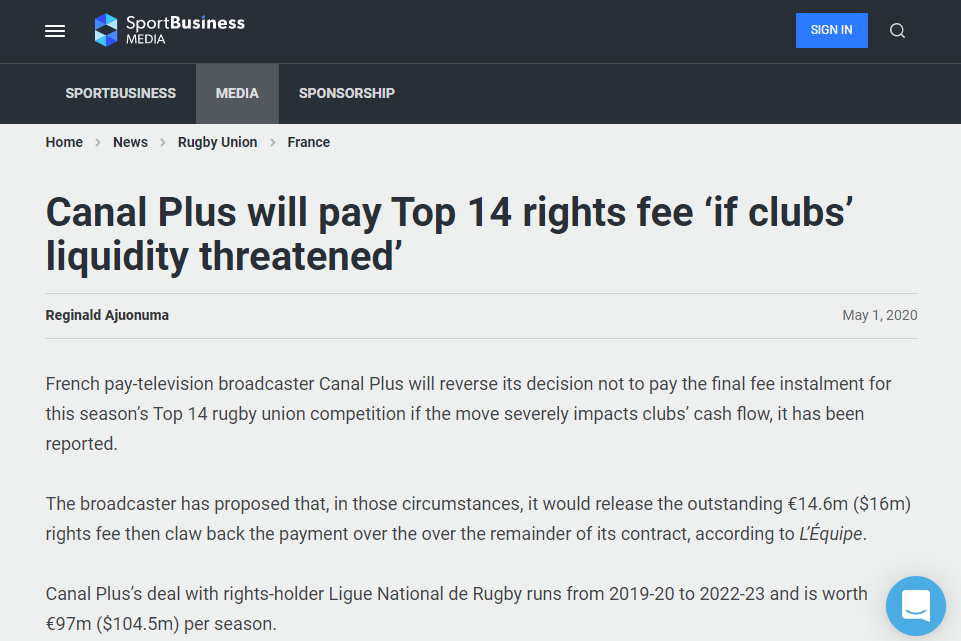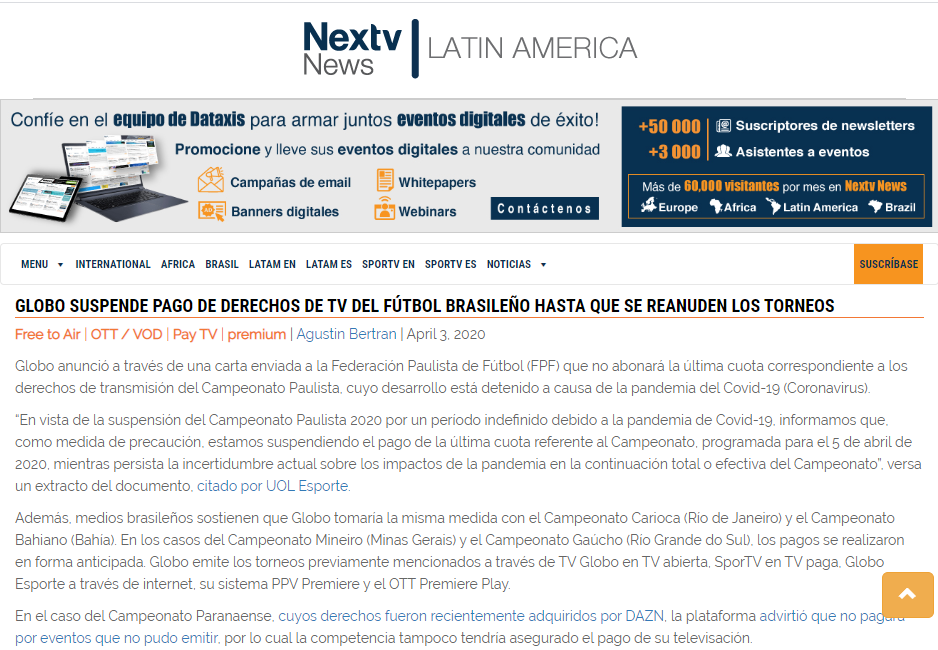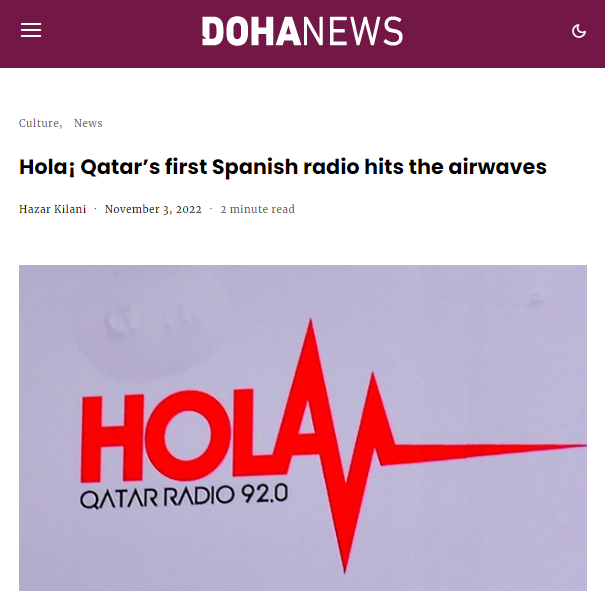
Source
After twelve years of preparations to organise the World Cup, with an expenditure estimated by Forbes at between USD 6.5 billion and USD 10 billion, a Spanish-language radio station is among the supporting initiatives. Hola Qatar Radio, which opened on 2 November 2022, broadcasts on 92.0 MHz from Doha, taking over from MBC FM in Arabic. Run by the Qatar Media Corporation, a public media organisation, it is aimed more at Spanish-speaking Qataris than at World Cup fans who come in droves to watch the matches. In fact, among the ten nations that have bought the most tickets (almost three million have been sold) are Mexico and Argentina.
More entertainment than sport
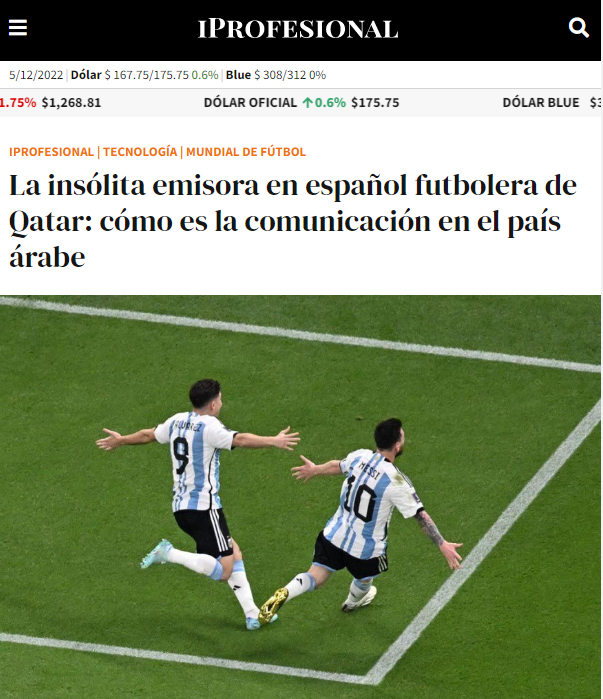
Source
The aim of the broadcaster is to introduce visitors to Qatari culture, Sheikh Abdulaziz bin Thani Al Thani, CEO of the Qatar Media Corporation, said at the press conference. According to the Argentinian website iProfesional, which monitored the broadcasts, there is a relaxed atmosphere but few, if any, of the presenters give the impression of being professionals or journalists. Scattered reports are given on match developments, but there are no radio commentaries or real-time information on the progress of the matches. The commentaries are not comparable to an in-depth sports analysis and there are no guest players in the studio. Here is the site’s in-depth analysis in which the Qatari media system’s broadcaster is mentioned as well. And Hola Quatar Radio? What future will it have after the World Cup?
(Written by Fabrizio Carnevalini)

